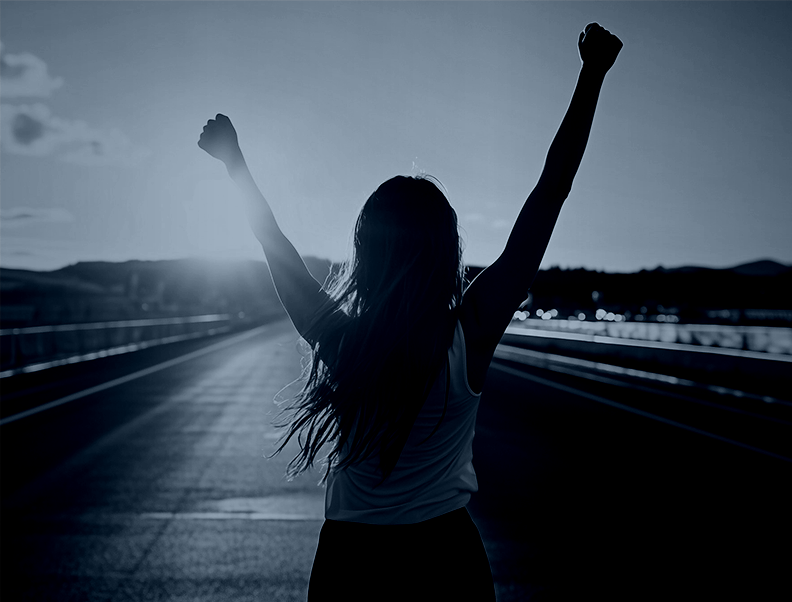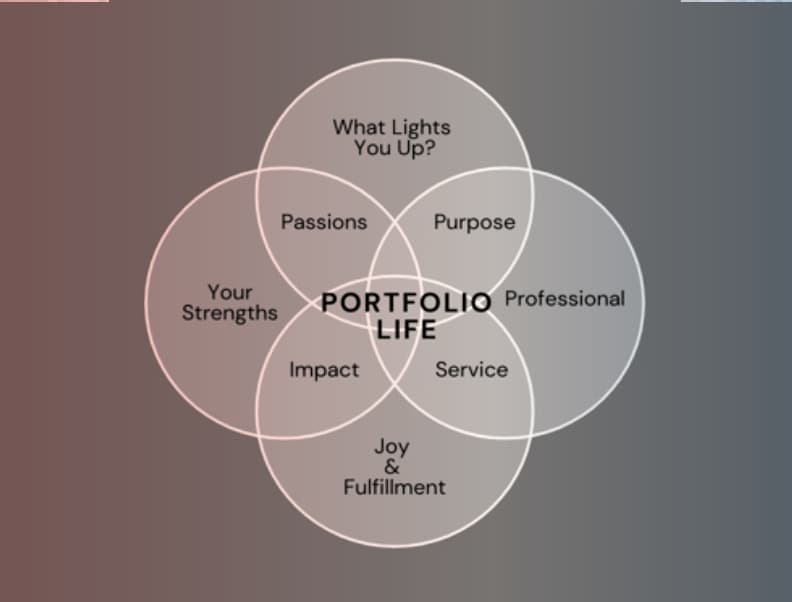Learn how you can build resilience during a time of uncertainty and stress, and how you’ll benefit. The COVID-19 pandemic, political discord, and social upheaval have produced a constant barrage of challenges and uncertainty at work, at home, and in our communities. The military has a term for these types of conditions – “VUCA” – which stands for volatile, uncertain, complex, and ambiguous.
Why do uncertainty and ambiguity feel so overwhelming and stressful?
Robin Ross, a mindfulness-based leadership coach, explained the science behind our human response to uncertainty and stress, and how you can build resilience to be more present, focused, and centered in the midst of this VUCA world.
KEY TAKEAWAYS
Resilience Has Four Dimensions
Cognitive: It would be easier if we knew the end, but we don’t. So, it helps if we frame uncertainty as temporary – not permanent.
Emotional: Is literally a physiological sensation in our bodies. To create positive emotions, it is helpful to: Do gratitude journaling, savor special moments, adopt an optimistic versus pessimistic style.
Physical: The stress of uncertainty impacts health, sleep, our immune systems, etc. Getting enough sleep, exercise, and good nutrition will help us be more resilient.
Spiritual: Research shows when we are connected to a purpose when our actions align with our values, it is helpful to our overall well–being.
Resilience In 4 Steps
Robin suggests creating a meditation practice. Meditation changes our brains by improving focused attention, building greater self–awareness, and helping us manage or self-regulate our emotions. Which enables us to make more powerful connections.
Mindfulness: Helps us manage stress and cope with adversity. Paying attention to the present moment, and maintaining curiosity versus judgment allows us to cultivate self–awareness of our thoughts.
Self-Awareness: Learn to listen to your heart, lungs, and gut. Our gut produces 95% of the serotonin in our bodies. Need to be aware and listen.
Emotional Management: To be able to manage our emotions skillfully. We can’t eliminate bad situations, but if practice mindfulness, we can reframe things.
Connection: Results in building deeper greater empathy and more caring relationships with others; and helps us shift our focus to our greater purpose.
A Simple Practice is to S.T.O.P
STOP.
TAKE a breath.
OBSERVE. Where is the tightness in your body, discomfort, or pain? Ask what story am I telling myself about that? What can I learn? Notice, no judgment.
PROCEED. Don’t react, rather respond thoughtfully.
Our thanks to Robin Ross for her messages in last week’s meetup: Building Resilience in a time of Uncertainty; and for offering us so many helpful insights to help us cultivate greater resilience in our lives. The link to learn more and register for her 2021 program: Embodied Resilience Workshop.
You can also connect further with Robin at robin@optimizeu.com to learn more about her coaching and/or workshops for individuals and organizations.
Please let us know if you would like to have a conversation with us. Email the CAP STRAT Women’s Forum with any questions at womensforum@capstratig.com! Or call us at 630.320.5100.



